Ketamine Powder
$100.00 – $5,000.00Price range: $100.00 through $5,000.00
SUPER QUALITY KETAMINE BUY TEST AND REVIEW FOR BULK QUANTITY EMAIL: thedarkpharmacy@protonmail.com
Add to wishlist
Share
CategoryStimulant
-
Eye masks or calming music
-
A quiet, low-light environment
-
Post-session integration therapy
-
Journaling exercises or reflections
-
Doses are low and infrequent
-
There’s no take-home or daily use
-
Sessions are medically supervised
-
The intent is therapeutic, not euphoric
-
Set = your mindset going into the session
-
Setting = your physical and emotional environment
-
Reflect on their thoughts or emotions
-
Make meaning out of the dissociation
-
Apply insights to real-life challenges
-
Track mood improvements over time
-
Your mental health condition
-
Your mindset before the session
-
The delivery method (IV vs. nasal spray)
-
Your comfort with altered states
Does Ketamine Therapy Get You High? A Full Of The Experience
As ketamine therapy becomes more popular for treating mental health conditions like depression, anxiety, PTSD, and chronic pain, one common concern often comes up: Does ketamine therapy get you high? It’s a fair and important question, especially given ketamine’s reputation in recreational settings.
Table of Contents
Toggle
What is Ketamine Therapy?
Ketamine therapy is the use of low, medically controlled doses of ketamine to help manage certain mental health and pain-related conditions. Originally developed as an anesthetic, If you’re interested in how it compares to other mental health treatments or stimulants, check out our full Buy Dissociative Online category. ketamine is now used off-label to support treatment for:
Treatment-resistant depression
Anxiety disorders
PTSD and trauma
Chronic pain
Suicidal thoughts
Administered via IV infusion, intramuscular injection, nasal spray, or lozenges, ketamine works differently from traditional antidepressants. It stimulates rapid growth of new neural pathways in the brain. Unlike illegal or unmonitored use, the goal of ketamine therapy is not to get high, but to facilitate deep mental and emotional healing. According to the DEA’s Ketamine Factsheet, ketamine is classified as a Schedule III controlled substance due to its potential for misuse when not used medically.
Does Ketamine Therapy Get You High?
Patients often wonder, “Does ketamine therapy get you high?”‘ the answer is nuanced. In a clinical setting, ketamine does not produce a recreational high. Learn more in our blog post on Ketamine Therapy and explore Ketamine Treatment Products available in our store. While some people associate ketamine with recreational use, medical treatments are far different. Stella Mental Health explains that the therapy induces a calm and dissociative state, not a euphoric high.
Recreational Use vs. Medical Ketamine Therapy
In clinical settings, ketamine is used responsibly and professionally. UCHealth reports that when supervised by medical professionals, ketamine is safe and effective for depression without leading to addiction. We break down the difference between therapeutic use and abuse in our guide: Ketamine Near Me – What to Know Before You Buy
| Aspect | Recreational Use | Medical Ketamine Therapy |
|---|---|---|
| Dose | High, unmeasured | Low, clinically controlled |
| Environment | Party or personal use | Professional medical clinic |
| Intent | Euphoria, escape | Mental health treatment |
| Risks | Addiction, overdose | Minimal, under supervision |
| Awareness | Altered, sometimes incoherent | Conscious, calm, and reflective |
What Does Ketamine Therapy Feel Like?
One of the key differences in answering “does ketamine therapy get you high” is understanding the nature of the experience itself.
Patients often report:
A floating or weightless sensation
A sense of mental distance from thoughts
A calm, introspective mindset
A slowed or dreamlike perception of time
Light dissociation without confusion
These effects typically last for 30–60 minutes, depending on dose and method of delivery. Many describe the session as a mental reset or “stepping outside” of their emotions in a safe way.
Ketamine is FDA-approved as an anesthetic, but its use for mental health is considered off-label. NPR outlines the growing number of ketamine clinics offering infusions to treat mental health conditions despite limited long-term FDA guidance.
Additionally, the FDA warns about the risks of compounded ketamine products, urging patients to ensure their treatment comes from licensed, informed sources.
Why People Think Ketamine Therapy Gets You High
The misconception that ketamine causes a high stems from ketamine’s misuse in club and party scenes. At high doses, street ketamine can cause:
Vivid hallucinations
Strong dissociation or “K-holes”
Loss of motor control
Euphoria and distorted reality
In contrast, clinical ketamine therapy uses precisely measured doses to avoid these intense or risky effects. The experience is calm, supervised, and designed to promote healing—not escape. Current research shows ketamine’s effectiveness for rapid reduction of depressive symptoms. This is supported by peer-reviewed data which confirms the therapeutic benefits of ketamine when administered under clinical conditions.
Understanding Dissociation in Ketamine Therapy
In therapeutic doses, dissociation allows patients to temporarily disconnect from intense thoughts or trauma. This state of “stepping back” creates a safe space to explore difficult emotions and gain clarity.
Research has shown that this effect may:
Reduce suicidal ideation
Decrease depressive symptoms
Improve emotional regulation
Accelerate mental breakthroughs
Other countries like Australia and Singapore recognize ketamine’s therapeutic potential. For example, HealthDirect Australia provides detailed information on how ketamine is safely used in hospital settings. Similarly, the Singapore Ministry of Health offers clinical guidance for its use in managing severe depression
Is It Safe to Feel Disconnected?
Yes—when under medical supervision. Feeling detached in this setting isn’t dangerous; in fact, it’s often therapeutic. Clinics ensure the experience is safe, grounded, and guided.
Your provider may offer:
This support transforms dissociation into healing—not disorientation. Looking for trusted ketamine-based products? Visit our Shop to browse our full range, including vapes, powders, and treatment options backed by quality
Can You Get Addicted to Ketamine Therapy?
Not when used correctly.
Clinical ketamine therapy is not addictive because:
Unlike recreational abuse, medical ketamine use is non-habit forming and closely monitored to protect patients.
The Role of Mindset and Environment
Another important point in answering “does ketamine therapy get you high” is understanding set and setting:
Unlike recreational use, where users often chase a high, ketamine is structured around healing. Clinics help patients set intentions, stay calm, and process emotions afterward—ensuring the experience has lasting meaning. Explore our ketamine product line or shop all categories now. Safe, discreet shipping—trusted by customers worldwide.
How Long Do the Effects Last?
Most sessions last 40 to 60 minutes, with mild effects like introspection or relaxation lingering afterward. You’re advised to rest after treatment and avoid driving until the next day.
Most patients return to full baseline within a few hours—no lingering “high,” just a clearer, calmer mindset.
What Happens After the Session?
Post-session integration is key to making the most of your ketamine . Many clinics include follow-up or talk therapy to help patients:
This helps transform the session into a long-term mental health tool.
Does Everyone Experience the Same Effects?
No. Each person’s response to ketamine is unique. Factors that can influence your experience include:
Some people feel light and meditative, others deeply reflective or emotional. Not everyone feels dissociation—and that’s okay. The benefits can still build over time. Learn more about our mission to provide safe, affordable, pharmacy-grade options on our About Us page. Have questions? Reach out anytime via our Contact Us form.
Final Verdict
So, does ketamine therapy get you high?
No—not in the recreational or drug-use sense.
The sensations may include light dissociation, calmness, and emotional openness, but they are controlled, conscious, and therapeutic. You won’t feel “high,” but you may feel lighter, more aware, and more at peace.
Conclusion
The question “does ketamine therapy get you high” is common—and important. While ketamine therapy does shift your perception and create dissociative effects, it’s not a high. Instead, it’s a scientifically backed, professionally managed mental health treatment that gives people relief when other options fail.
Understanding the difference between recreational and medical ketamine use can help you make informed, empowered choices about your mental wellness journey. We offer secure shipping options and full customer support. For details, visit our Shipping and Delivery page or check our helpful FAQ.
| Quantity | 3g, 5g, 10g, 25g, 50g |
|---|
.فقط مشتریانی که این محصول را خریداری کرده اند و وارد سیستم شده اند میتوانند برای این محصول دیدگاه(نظر) ارسال کنند.
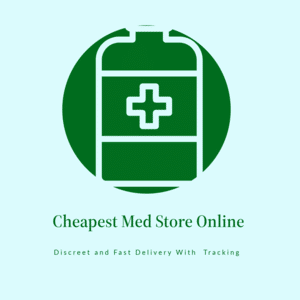
 Cart is empty
Cart is empty 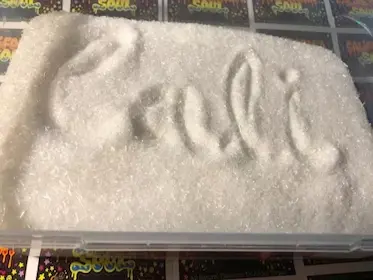

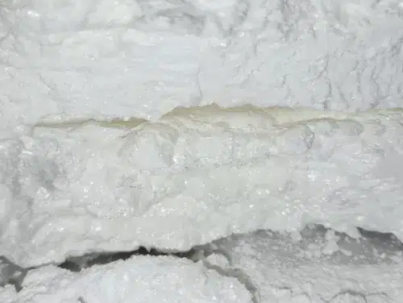

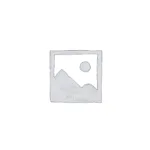
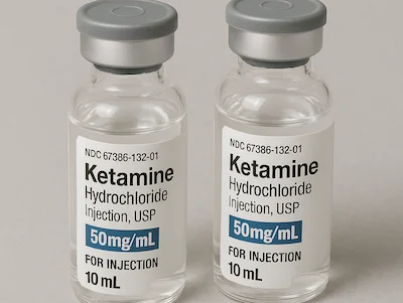
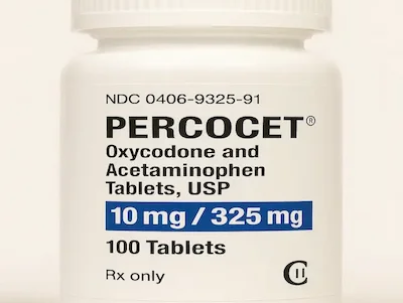
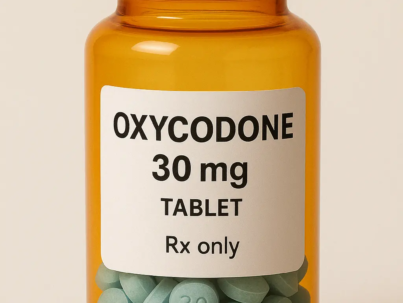
نقد و بررسیها
هنوز بررسیای ثبت نشده است.